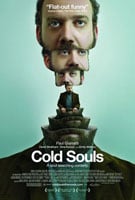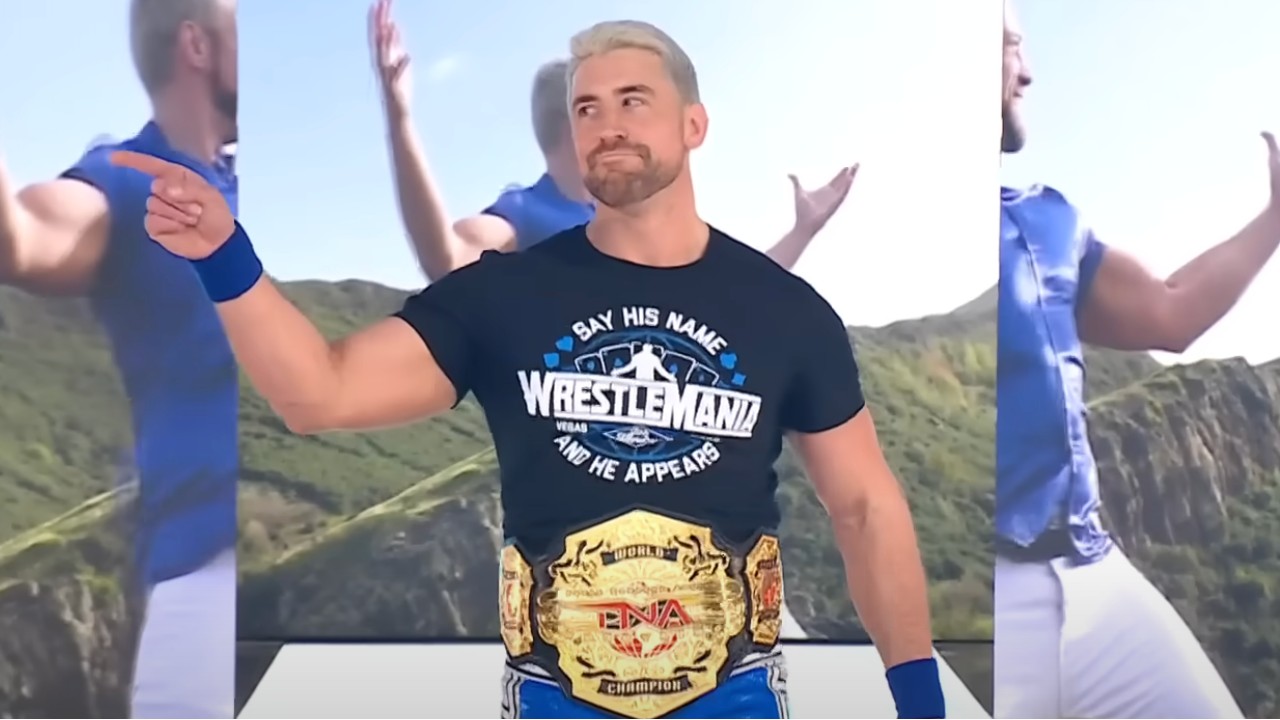Paul Giamatti stars as Paul Giamatti, an American actor living in New York City. Paul is agonizing over his role in a production of Anton Chekhov’s Uncle Vanya. Rather than having a hard time connecting with his character, Paul can’t seem to separate himself from him. In an effort to lighten his load, Paul’s agent tells him to check out an article in The New Yorker about a soul extraction service. Sure enough, the company is conveniently listed in the Yellow Pages and Paul gives them a call.
Everything about Dr. Flinstein’s (David Strathairn) operation is derisively opportune. Flintstein tells Paul about the simplicity of the process explaining “a twisted soul is like a tumor, better to remove it!” At first Paul is skeptical about the procedure but Flinstein’s assurance, as well as the thought of having this unbearable weight removed, pushes Paul to sign the contract and go into this futuristic white spherical machine to have his soul removed, or at least 95% of it. After just a few moments the procedure is over and Paul is given his soul in a clear cylindrical tube. Yes, you can see what your soul looks like. What does Paul’s look like? A chickpea.
At first he simply feels lighter, as the doctor had guaranteed, but sadly this liberation doesn’t translate to the stage. Paul returns to Dr. Flinstein who convinces him to try using the soul of a Russian poet. The poet’s soul improves his performance for some time, but is eventually rejected by his body sending him back to Flinstein so he can just have his chickpea back. This would have been a simple procedure if his soul had been where he had originally stored it. Turns out, Paul’s soul was stolen by a soul trafficking mule and is now within a Russian soap star.
It sounds ridiculous, but the absurdity of the material is balanced by chillingly serious expressions making the concept believable. Scenes in which a serious sad-eyed Giamatti interacts with Strathairn’s confident character are hilarious yet quizzical. It’s hard not to imagine yourself in Giamatti’s shoes. You have this doctor explaining a procedure making it seem as though it is routine, yet it lacks the morality to allow yourself to let go of your inhibitions and jump in. It’s a fascinating subject that you ache to learn more about.
That’s where Cold Souls falters. You’re deeply entwined in this novel idea and ask for more, but are given nothing in return. You’re told nothing about the nature of the soul, given no detail on how this technology is developed and don’t get a clear idea of what one is like with a soul verses an individual who is soulless. You are almost convinced this operation is possible, but then you’re swept up in the world of soul trafficking. Korzun’s performance is the most unnerving of all. She’s mysterious but reveals a hint of vulnerability making you yearn for more. Yet again, there is no reciprocation for your curiosity and her character is left with little depth.
Writer/director Sophie Barthes’ film introduces a bizarre and captivating concept that provokes a number of philosophical questions, but never even attempts to answer them. While leaving an audience with questions can be effective, doing so with an idea as theoretical and unsettling as Cold Soul makes the it difficult to enjoy.
Staff Writer for CinemaBlend.












